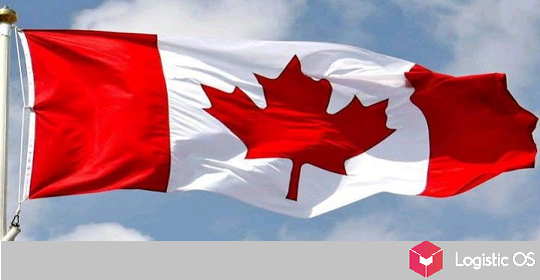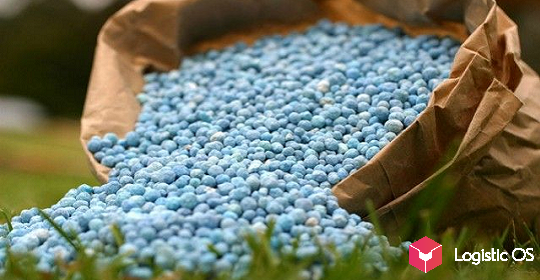According to the latest data, annual inflation in the country has reached almost 10% over the year.
Currently, the Ministry of Economic Development of the Russian Federation reports that price growth for the year has amounted to 9.99%. At the same time, over the last week from February 4 to 10, it amounted to 0.23%.
This is again an acceleration compared to the previous week, when price growth was 0.16%. This may be a signal for the Central Bank to maintain a tight monetary policy.
The rise in food prices makes a significant contribution to overall inflation. According to experts, food inflation has accelerated over the last week from 0.27% to 0.39%.
In particular, the rise in prices for fruit and vegetable products is noticeable: they have risen in price by 1.13% over the specified period, and this is also a noticeable increase compared to the previous week, when this figure was about 0.75%.
For example, cucumbers increased in price by 2.5%, potatoes by 1.7%, tomatoes by 1.5%, and cabbage by 1.3%.
Other products increased in price less significantly. For example, bananas increased in price by 0.6%, onions by 0.5%, and carrots by 0.2%.
There are also a number of products that have shown a price drop over the past week instead of an increase. These include chicken eggs, which became cheaper by 0.6%, buckwheat, which fell in price by 0.4%, as well as pork and chicken, which fell in price by 0.1-0.2%.
Overall, it should be noted that inflation at the end of last year reached 9.52%. Considering that this time we have 9.99%, we are talking about an increase in inflation of almost 0.5%.
This value is certainly very significant and directly affects the well-being of the country’s citizens and many other ongoing processes.
In particular, companies have to actively raise salaries, trying to attract scarce personnel — and the growth of salaries, in turn, spins up another round of inflation.
At the same time, experts believe that the measures taken by the state should already begin to bear fruit.
In particular, the high rate of the Central Bank, currently set at 21%, has already cooled the lending market: both mortgage, consumer, and corporate. In this regard, there is hope that it will be possible to achieve a decrease in inflation without further tightening of the Central Bank’s policy.
Another factor that can reduce inflation in the Russian Federation is the emerging relaxation of the international situation and active negotiations with the United States.
Experts note that the abolition of even some sanctions would lead to a decrease in import costs, which are an important component of inflation.

